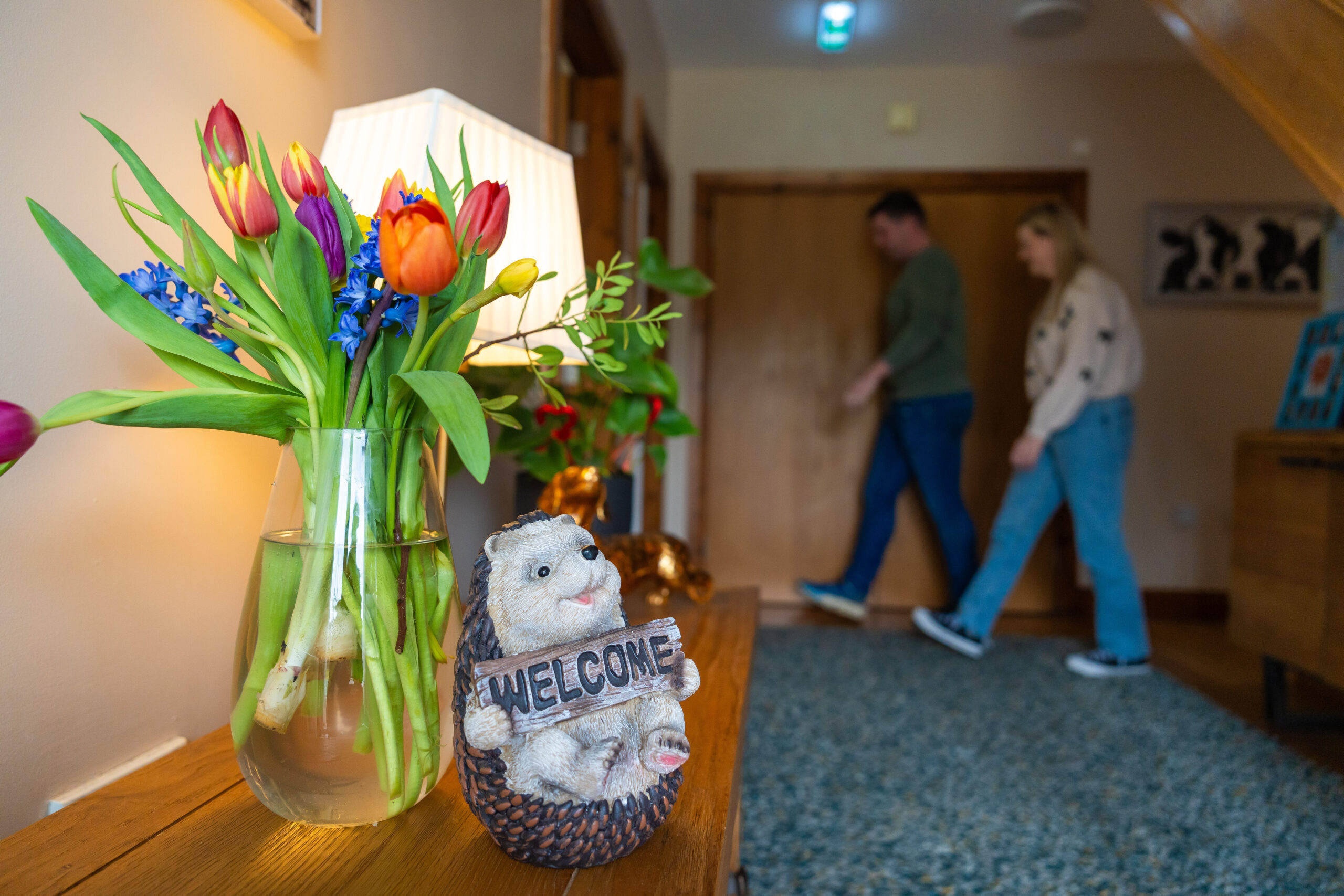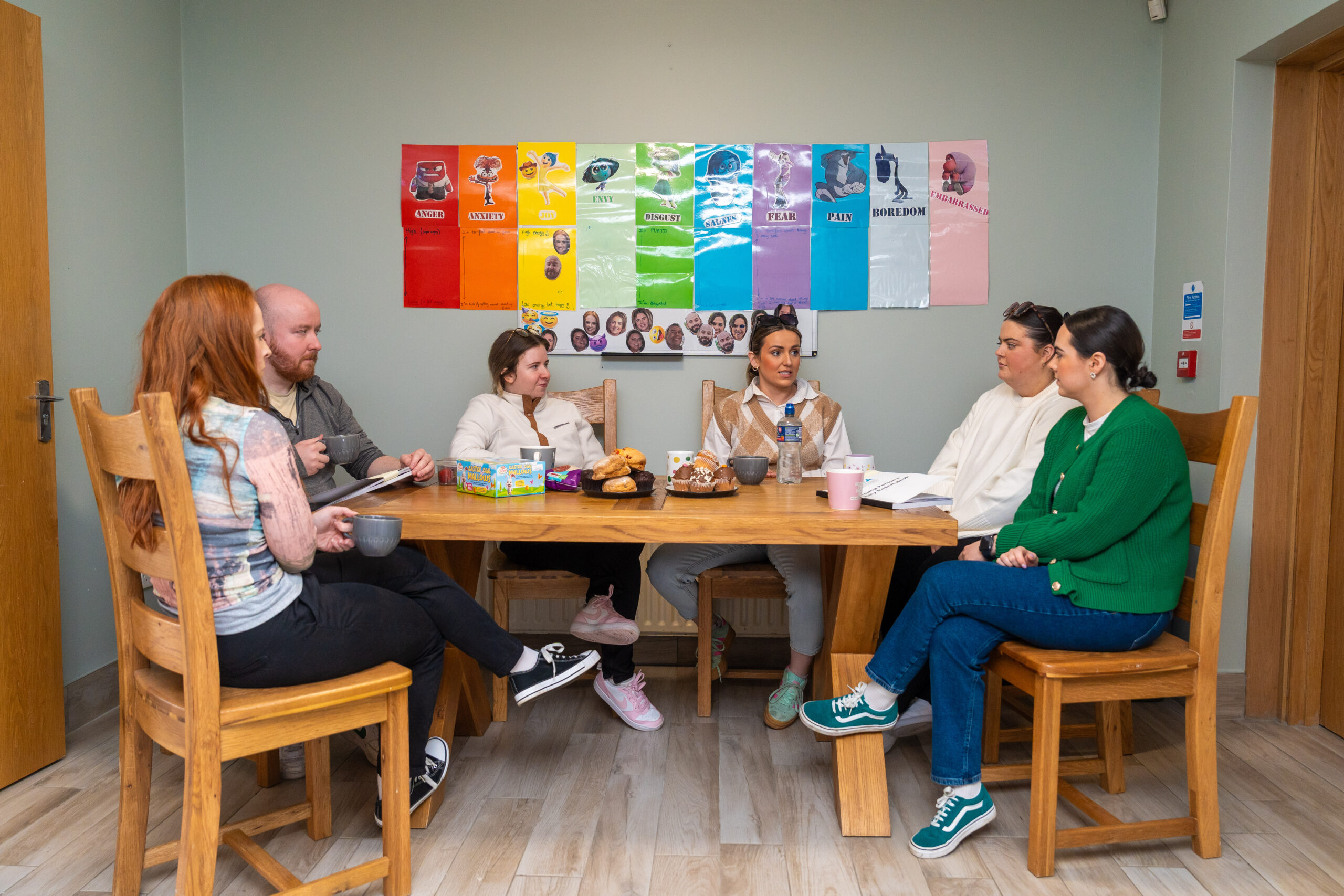Driving Quality and Safety Improvements at Ashdale Care

At Ashdale Care, one of our most important goals is to ensure that quality and safety are continually improving for both the young people we support and the staff who care for them. Over the past five years, we have invested heavily in innovative models of care, staff training, and organisational practices to make this vision a reality.
Measuring Progress Through Data
In 2024, we carried out a retrospective data review project to measure improvements in quality and safety across our homes. The focus of this study was on tracking the average annual number of incidents per home, which is a simple yet meaningful indicator of how safe and settled our services are.
Back in 2020, the average was nearly 60 incidents per home per year. By 2023, that figure had dropped by more than 60 percent, reaching just 23 incidents per home. This steady decline demonstrates the positive impact of the many initiatives introduced in recent years, particularly the rollout of the CARE (Children and Residential Experiences) model, developed by Cornell University.
Although 2024 saw a slight increase to 26 incidents per home, this was largely due to the challenges of opening new STEP homes designed for short-term emergency placements. Importantly, even in these settings, incidents decreased significantly as young people settled and staff teams applied their skills in building strong, supportive relationships. The findings underline the resilience and dedication of our teams, who have shown that even in challenging circumstances, creative and consistent care can make a measurable difference.
Embedding a Culture of Continuous Improvement
This progress reflects much more than numbers. It highlights how our commitment to child-centred care, staff development, and evidence-based practice is creating safer, more stable environments for young people.
Over the past five years, we have introduced new training programmes including Therapeutic Crisis Intervention and Developmental Trauma training. We have strengthened quality assurance processes and external oversight. Our Therapeutic Support Team has expanded to provide more targeted interventions. Practices across our homes have been standardised to ensure consistency of care. In addition, regular reflective practice sessions have been embedded, giving staff the opportunity to learn, grow, and continuously refine their approach.
Together, these efforts are fostering more settled homes, with staff reporting fewer crisis situations and even maintenance teams noticing less repair work being required due to a decline in incidents. The sense of stability has been felt across the organisation, and it is clear that the collective investment in training, consistency and therapeutic care is producing lasting benefits.

Looking Ahead
Our commitment to continuous improvement remains strong. In 2025 we will be introducing a new client management system, Clearcare, which will allow us to measure a broader range of outcomes for young people and ensure even greater transparency and accountability. By combining robust data analysis with our therapeutic and relationship-focused model of care, we will be able to deepen our understanding of what works best for young people and replicate those successes across all of our services.
While there will always be challenges in residential care, the overall trend is clear. Ashdale Care homes are becoming safer, calmer, and more supportive places for young people to thrive.
Our journey of continuous improvement is ongoing, but the progress we have already made is a powerful reminder of what can be achieved when evidence-based practice, thoughtful data analysis, and a dedicated team come together with a shared purpose. At Ashdale Care, that purpose will always be to rebuild lives and transform residential care.